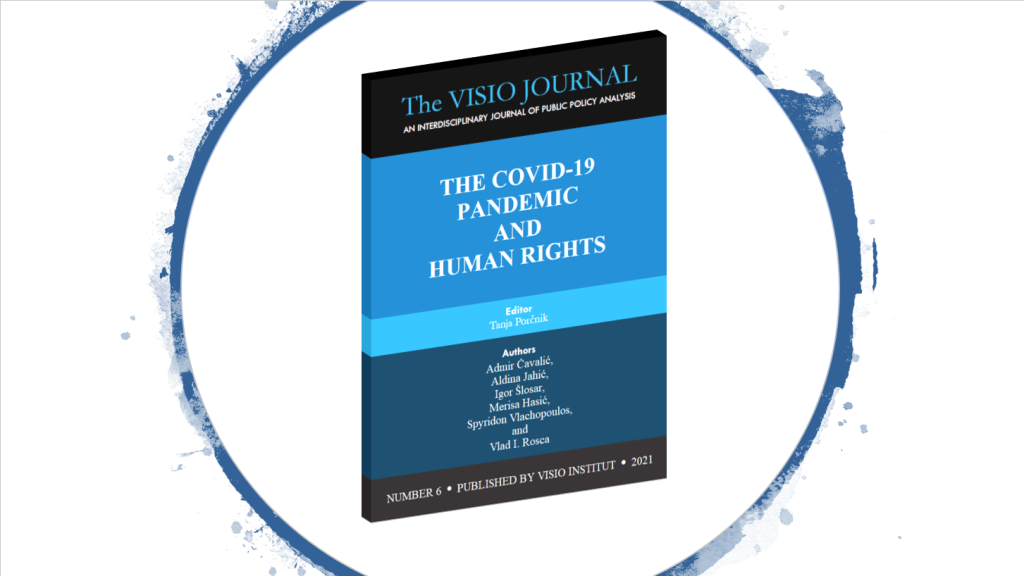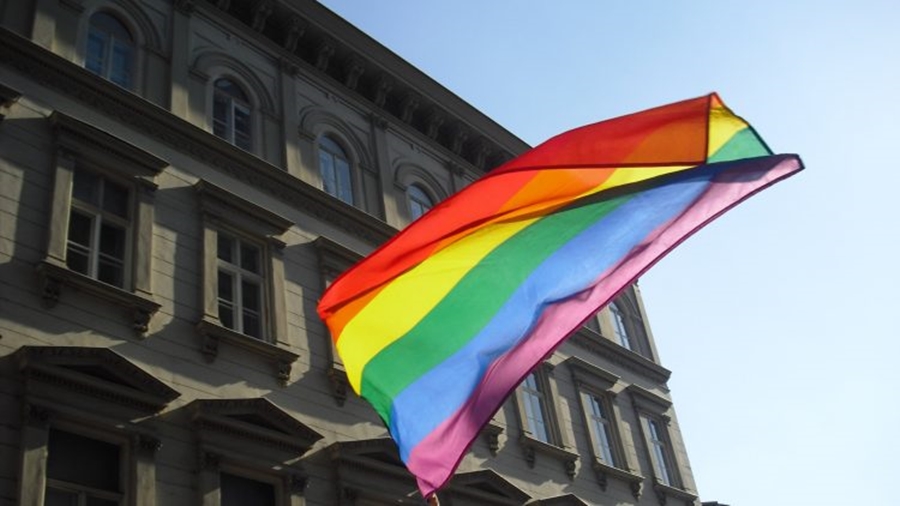
Poems of Liberty and Human Rights
Poems. Not the coolest word to start an article with. Too often does the word conjure up images of harrowing moments in school when we had to anxiously recite some poetry not understanding why the tacky lines matter at all. Yet, trust me, they do.











